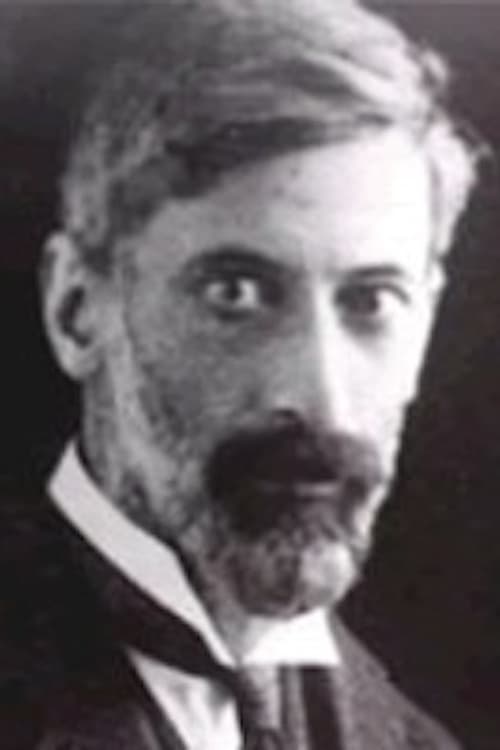A Chess Dispute (1903)
Жанр :
Время выполнения : 1М
Директор : Robert W. Paul
Краткое содержание
A stationary camera looks on as two dapper gents play a game of chess. One drinks and smokes, and when he looks away, his opponent moves two pieces. A fight ensues, first with the squirting of a seltzer bottle, then with fisticuffs. The combatants wrestle each other to the floor and continue the fight out of the camera's view, hidden by the table. The waiter arrives to haul both of them out.

A satire on the way that audiences unaccustomed to the cinema didn't know how to react to the moving images on a screen - in this film, an unsophisticated (and stereotypical) country yokel is alternately baffled and terrified, in the latter case by the apparent approach of a steam train.

In this homage to Zen poet Basho, the subtle changes of a pond are chronicled on film over a period of time. Broughton recites his cuckoo haikus in the background.

An engaged couple, dressed in white, meet each other at a train station. When the train arrives, they get on board, and they enjoy the sights from the platform on the last car. The workers on the train are eager to help, and they make some special arrangements for the couple.

A magician transforms a woman into a portrait of herself, then restores her to life.
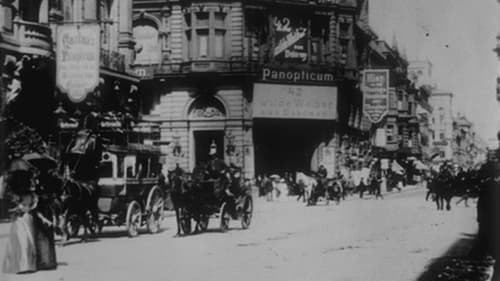
A Berlin street scene.

Daisy and her husband both go in for a face-pulling contest, but when the big day comes she is unable to attend the competition, and her husband wins instead. When the next opportunity comes around, she is determined to win -- but gets a little over-enthusiastic on the way to the contest and finds herself in trouble! She is most ungrateful for her rescue; fate, however, catches up with her that night…

Another street scene from the Lumiere company

A high-speed view of Paris via train-track; Zooming down the Seine by boat. Chomette's first film, Games of Reflections and Speed, traverses tunnels and elevated railways to produce a disarming rhythm.
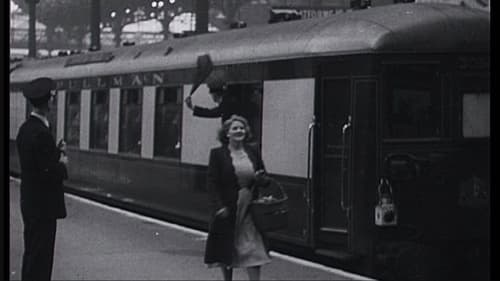
London to Brighton in 4 minutes BBC interlude. From the days when TV was all live and programming was hectic. Often when one program finished, the next one was not ready yet, and the gap had to be filled. So the BBC developed a number of interludes to fill these gaps, this being the most famous one.
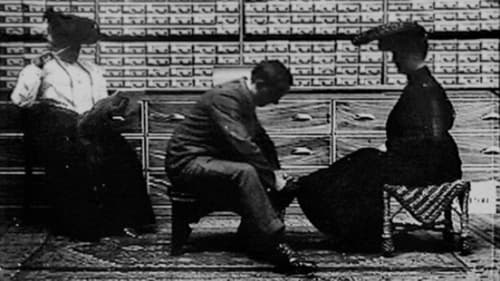
A woman being fitted for shoes exposes her ankle to the shoe clerk, who is intrigued. He kisses her, but her chaperone hits him with her umbrella.

The scene is similar to that seen at Coney Island, where a number of shows are constantly going on.

A bill poster comes upon a blank wall, and immediately puts up a poster advertising a movie show at one location.

A maid is out walking with her young charge when a soldier takes the boy's place.

Pioneer filmmaker Georges Méliès performs his cine-magic act.

A view of the entrance to the Stockholmsutställlningen, the World Exhibition in Stockholm.

Film about politically motivated violence in the Kingdom of Prussia.

A wall blocks the path of two people. One man submits, while the other refuses to admit defeat.

This scene is a part of the very first film shot produced by the Manaki Brothers. Despina, the Janaki and Milton Manaki's grandmother, was recorded weaving in one high-angle shot. For no apparent reason, the first shot made in Macedonia, in the Balkans in fact, made by these two cinematography pioneers, contains peculiar symbolics: at the moment when the grandmother Despina spins the weaving wheel, film starts rolling in our country.
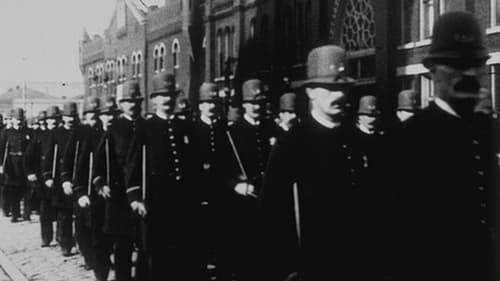
Walking four abreast, in groups of six rows, 144 of Chicago's finest parade past a stationary camera. Each of the six groups that pass is escorted by an officer. All are men, all are white, all look tall, all wear identical high-buttoned uniforms and badges and carry a nightstick. Almost all sport mustaches. Behind the police comes a horse-drawn carriage.


